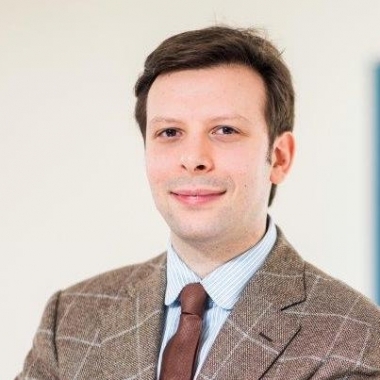A geopolitical Europe must respect national diversity
18 October 2022
With the decision to illegally annex Ukrainian territories, mobilize reservists and intensify nuclear threats, Russian President Vladimir Putin also aims to intimidate Europeans and break their unity in support of Ukraine.
Putin is betting that growing nationalist resentment among the bloc will blame higher energy prices on out-of-touch globalist elites in Brussels. But we believe that this gamble fundamentally misjudges the long-term trend in growing EU support — though exactly what that represents may be changing.
From the starting point of a post-nationalist project of free markets and open borders, the EU is increasingly developing into a multi-level shield under which member countries work closely together to protect their citizens against geopolitical instability — and Putin’s ongoing threats and aggression are only accelerating the change.





